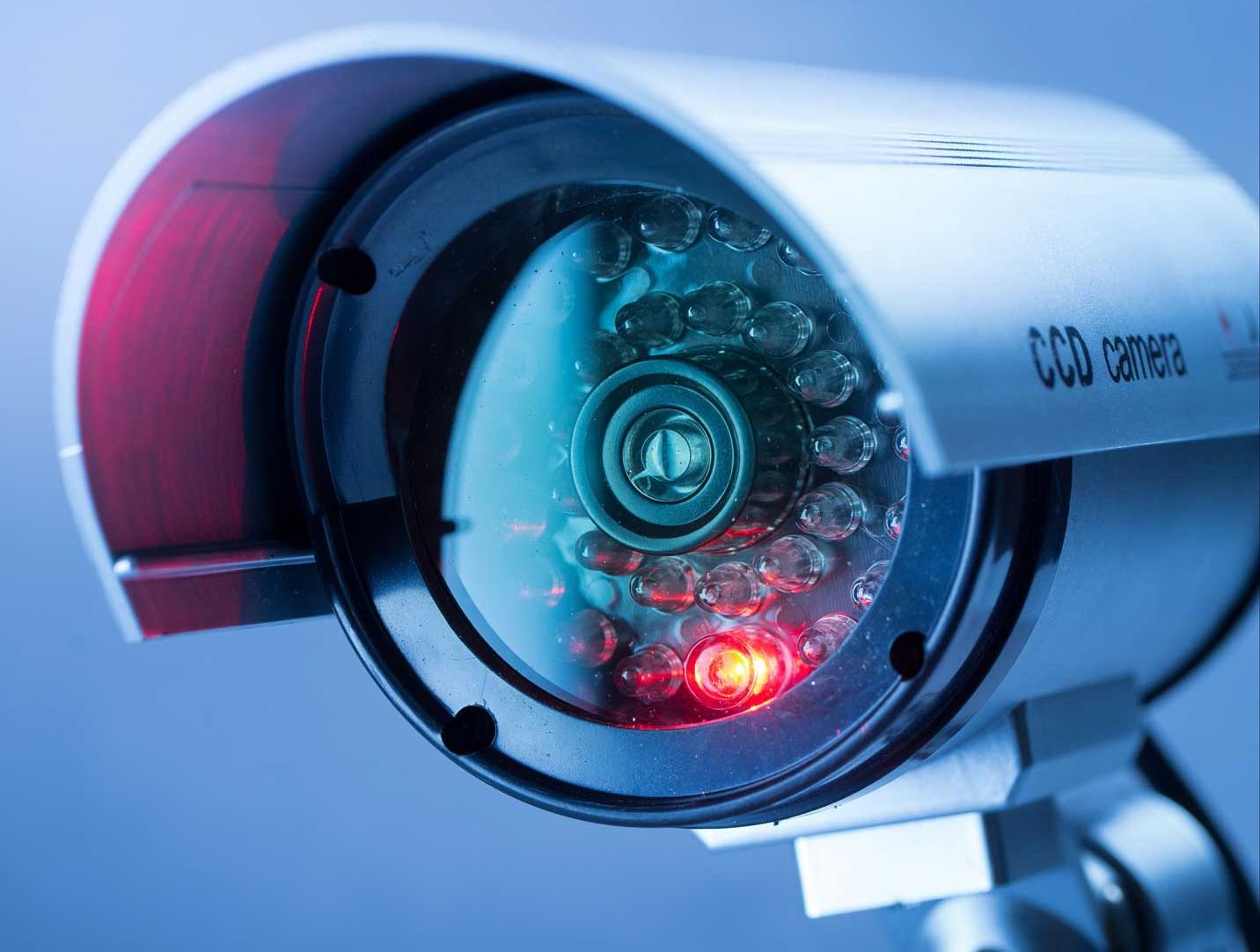
31/05/2024 0 Comments
CCTV: Your Questions Answered
It's fair to say that CCTV cameras are the most popular home security appliance, after the house alarm. Considering how affordable these cameras have become and how easy they are to integrate with smart devices like phones and smart homes, there has never been a better time to incorporate cameras into your home security. However, even though CCTV is ubiquitous, you will still have questions. As one of Ireland's most experienced CCTV solutions providers, we often get many customer questions. To make this information muc more accessible, we've compiled the most common questions below and comprehensive answers. If this blog doesn't answer your enquiry, please get in touch with our offices today.
Firstly, let's get the obvious out of the way.
What is CCTV?
CCTV stands for Closed-Circuit Television. It's a video surveillance system that uses cameras to transmit a signal to a limited set of monitors, unlike broadcast television, which sends signals publicly.
How long do shops keep CCTV?
Irish law doesn't prescribe a mandatory retention period for CCTV footage in shops. However, it requires shops (and any organisation using CCTV) to follow the General Data Protection Regulation (GDPR) guidelines, emphasising keeping footage as long as necessary.
Here's what this means in practice:
- Typical Retention Period: Most shops in Ireland keep footage for around 30 days. This is seen as a reasonable balance between security needs and data privacy.
- Justification for Longer Retention: Shops can retain footage for over 30 days, but they need a justified reason. This could be a specific incident they are investigating, like a theft.
- Data Protection Commission (DPC) Guidance: The DPC recommends a risk assessment to determine appropriate retention periods. They advise that a month is generally sufficient unless there's a specific reason to keep footage longer.
Who can view CCTV footage at work?
In Ireland, access to CCTV footage in a workplace is restricted to comply with the General Data Protection Regulation (GDPR) and data privacy rights of employees. Here's who typically has access:
- Authorised Personnel: Employers designate specific individuals to access and manage CCTV footage. This often includes security personnel or managers directly involved with security or investigating incidents.
- Law Enforcement: Authorities can request access to CCTV footage with a warrant or legal order if it's relevant to a criminal investigation.
- Employees (with limitations): Under GDPR, employees have the right to submit a Data Subject Access Request (DSAR) to see any personal data an employer holds on them, which could include CCTV footage where they are identifiable. However, employers can deny access in some situations.
Does CCTV record audio?
CCTV cameras themselves can record audio, but whether they do depends on a couple of factors:
- Camera Type: There are two main types of CCTV systems: analog and IP.
- Analog CCTV: Traditionally, these systems didn't have built-in microphones and required an external microphone connected to the recording device. IP CCTV: Modern IP cameras often have built-in microphones and can record audio along with video.
- System Configuration: Even if a camera has a microphone, the user might choose not to record audio. This could be due to privacy concerns, storage limitations, or because audio quality might not be helpful.
How to stop condensation in CCTV cameras?
Condensation on CCTV cameras can be a nuisance, blurring the footage and hindering security. Here are some methods to address condensation:
Removing Existing Condensation:
Simple Measures: If it's a light case of condensation, try wiping the outer lens cover (not the lens itself) with a microfiber cloth. You can also use a hair dryer on a low, cool setting to gently blow away moisture.
If you have any other questions, please feel free to get in touch with us directly.

Comments
Leave a comment